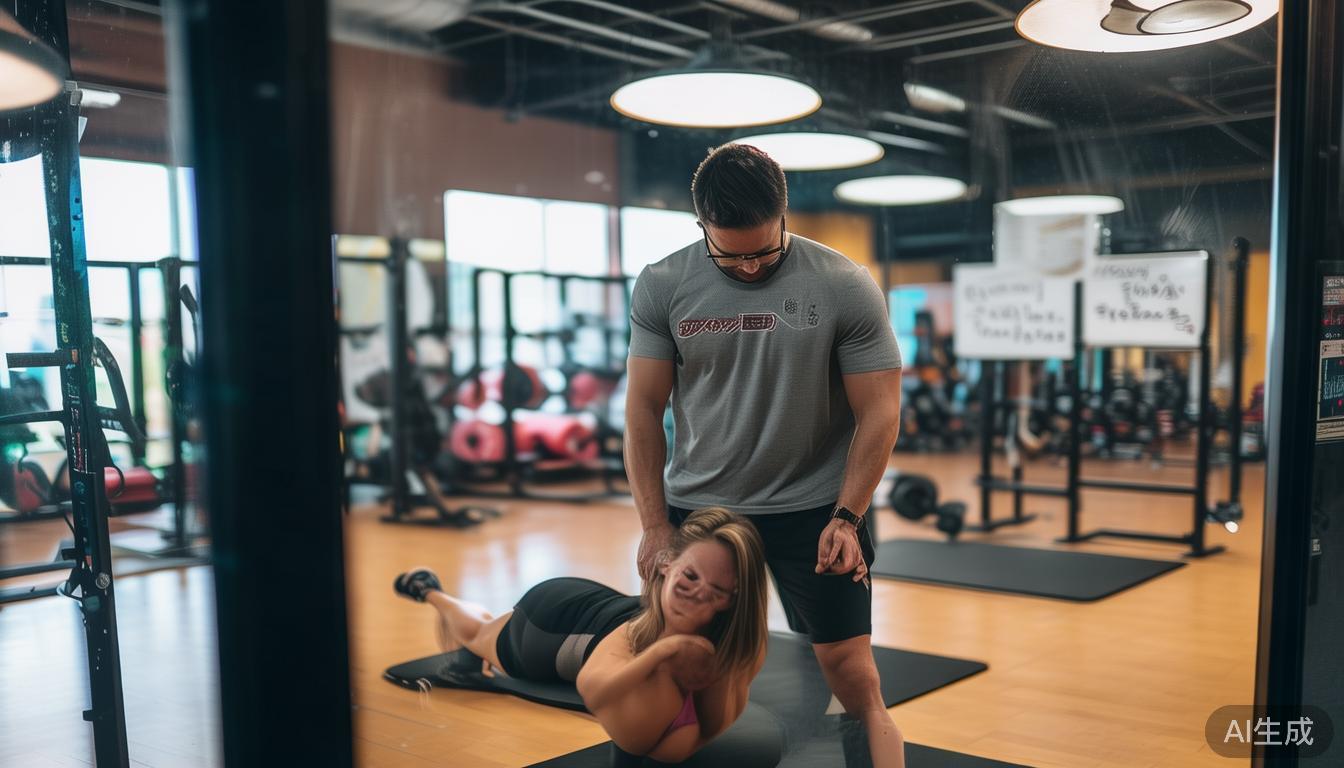For patients with Parkinson's disease, practicing Tai Chi can not only improve body balance and flexibility, but also improve overall quality of life. It is a low-intensity exercise that focuses on the coordination of breathing and movement. It helps relieve muscle stiffness and tremors, allowing patients to be more comfortable in daily activities. Many people find that with continued practice, their mood becomes more relaxed and their sleep quality improves. Next, we will discuss how to find nearby Tai Chi resources and make full use of them.
How Tai Chi helps Parkinson’s patients improve balance
Parkinson's patients are particularly suitable for the slow and smooth movements of Tai Chi because it emphasizes weight shifting and body coordination. Through regular practice, patients can strengthen their leg muscles, thereby reducing the risk of falls. For example, many students report that they feel more stable when walking or turning, which has truly improved their confidence and independence.
Meditation is an element found in Tai Chi, which can assist those patients to relax their nervous systems and reduce symptoms caused by stress. When the body and mind become calmer, tremors and stiffness are often relieved, allowing daily life to flow more smoothly. I have seen many friends who were hesitant at the beginning and then actively participated in it. The progress they made is really touching to me – this is not only the change in the body, but also the nourishment in the soul.

Where to find Tai Chi classes near me
If you want to find local courses Tai Chi Courses Online , you can start with light or hospital rehabilitation programs, where there are often specialized courses for Parkinson's patients. Online platforms like Meetup or local health discussion venues are also suitable resources. Search keywords like "Parkinson Tai Chi class" to get the latest news. Don't forget to talk to your doctor or physical therapist; they often have referrals to work with.
Another option is to join a patient support group, where there are always shared course information or group training opportunities. I suggest taking a trial class first to see if the environment and instructor are right for you. Excellent courses will focus on personalized adjustments to ensure that every student can benefit from them while being safe. Remember, it may take courage to take the first step, but once you do, you'll find a supportive community.
How to Choose a Tai Chi Instructor for Parkinson’s Patients

When selecting coaches, pay attention to whether they have any training experience related to Parkinson's disease; an excellent high-quality coach knows how to adjust movements to suit different skill levels, and strives to avoid overexertion; to provide a thorough understanding of their specific teaching background and students Asking for feedback can help you make a wise and reasonable decision; from my personal point of view, the coach's patience and encouragement are more important than qualifications, because this can create a positive learning atmosphere.
Check to see if the class focuses on breathing techniques and progressive exercises, which may be useful for patients with Parkinson's disease. A qualified instructor will blend demonstration with verbal guidance to ensure you understand the key points of each movement. Don't panic and ask questions, such as about the pace of the course or safety measures – this can help you find the best fit and make training an enjoyable trip.
With the help of Tai Chi, Parkinson's patients can regain a sense of control over their bodies and enjoy every step of progress in each process. Have you ever tried Tai Chi And Arthritis , a similar type of exercise? You are welcome to share your own experience in the comment area. If you find this article helpful, please like and forward it to provide support to more people in need!



